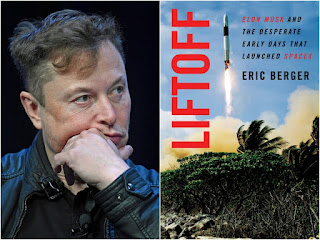Almost as wide as the wealth gap in America is the gap in the way we view wealth. We look at it as a monolithic thing. Yet part of the country demonizes it, part covets it and part of the country manages.
The same is true for kinds of wealth. Those that inherit it are different from those that win it, or those that start from nothing and create it for them and for others. All wealth is not the same
The bitch goddess success, William James said, demands strange sacrifices from those that worship her. Some people are willing to make those sacrifice and other are not
All of this speaks to the varieties of wealth in America. But are there similarities, are there patterns and behaviors of the wealthy, both good and bad, that we can understand? And if so, what does that knowledge do for us?
That’s what Michael Mechanic, a senior editor at Mother Jones, looks at in Jackpot: How the Super-Rich Really Live—and How Their Wealth Harms Us All.
My conversation with Michael Mechanic:





